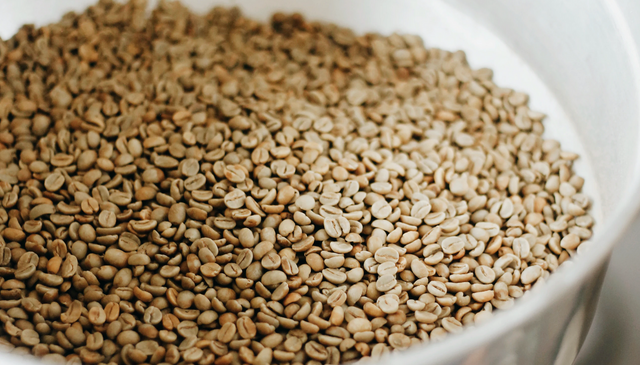The modern-day coffee shop has undergone a radical transformation since it’s preconception of ancient tea-houses and coffee sharing spaces across the world.
Let’s take a quick step back into the 17th century, shall we? It was the time that coffee first appeared outside of the Ottoman empire and into Europe, migrants settling into Italy, officially hosting the first coffeehouse in Venice in 1629 and then quickly expanding through the continent through the end of the century. Levied by the popularity of the coffeehouses, they overtook as England’s main meeting spot.
Over the centuries, coffeehouses transcended across the Atlantic, many from Italian migrants who arrived in the Americas, providing spaces for everything from dates to live entertainment, counterculture rebellion, and even political activism. Savvy entrepreneurs knew coffee shops were here to stay and thus led a booming and leading section of the food service industry.
Chains such as Seattle’s Best and Starbucks emerged with universal recognition, raking in billions, serving hundreds of millions and helping power the day of everyday men and women. Coffee became more than just a drink, it became a social phenomenon and status icon unlike the world had seen before.
Soon after, society seem and thus the launch of the “Third Wave”, the current generation of coffee. Consumers requesting Fair-trade blends, ensuring that the beans were sourced ethically and farmers were properly compensated. Specialty blends, espresso, pour-overs, and cold brews. All in all, a totally new way this power drink is being experience by those who want to know more about the coffee. “Premium Coffee” became more than just a status gimmick, it became a serious competitor to the ‘standard’ coffees of the world.
So, as you and I continue to take in every sip, knowing there’s enough terminology to impress a vocabulary geek, we know there is a lot more to coffee than just “Arabica beans”.
As we always say, drink up… coffee i s g o o d ;)
More stories

Brewing a new era: What is third-wave coffee?

